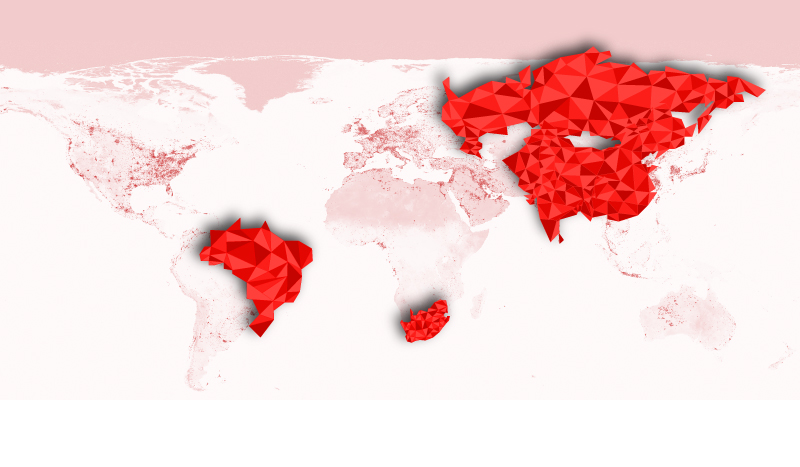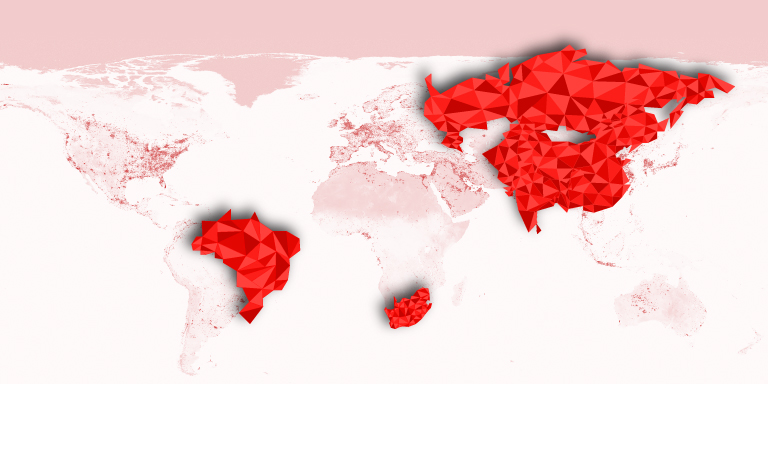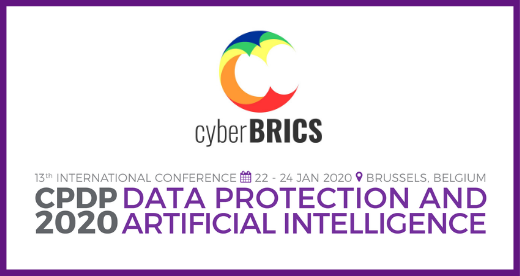BRICS promotes webinar on data economy in the digital economy community on March 18
On 18 March, the Brazilian ministries of Development, Industry, Trade, and Services (Desenvolvimento, Indústria, Comércio e Serviços/MDIC) and Foreign Affairs (Relações Exteriores/MRE) hosted the webinar “Leveraging Data Economy in the BRICS Digital Economy Community”. The event was broadcasted live in English on the MDIC YouTube channel. As part of Brasil’s 2025 BRICS Presidency, the online seminar … Read more























